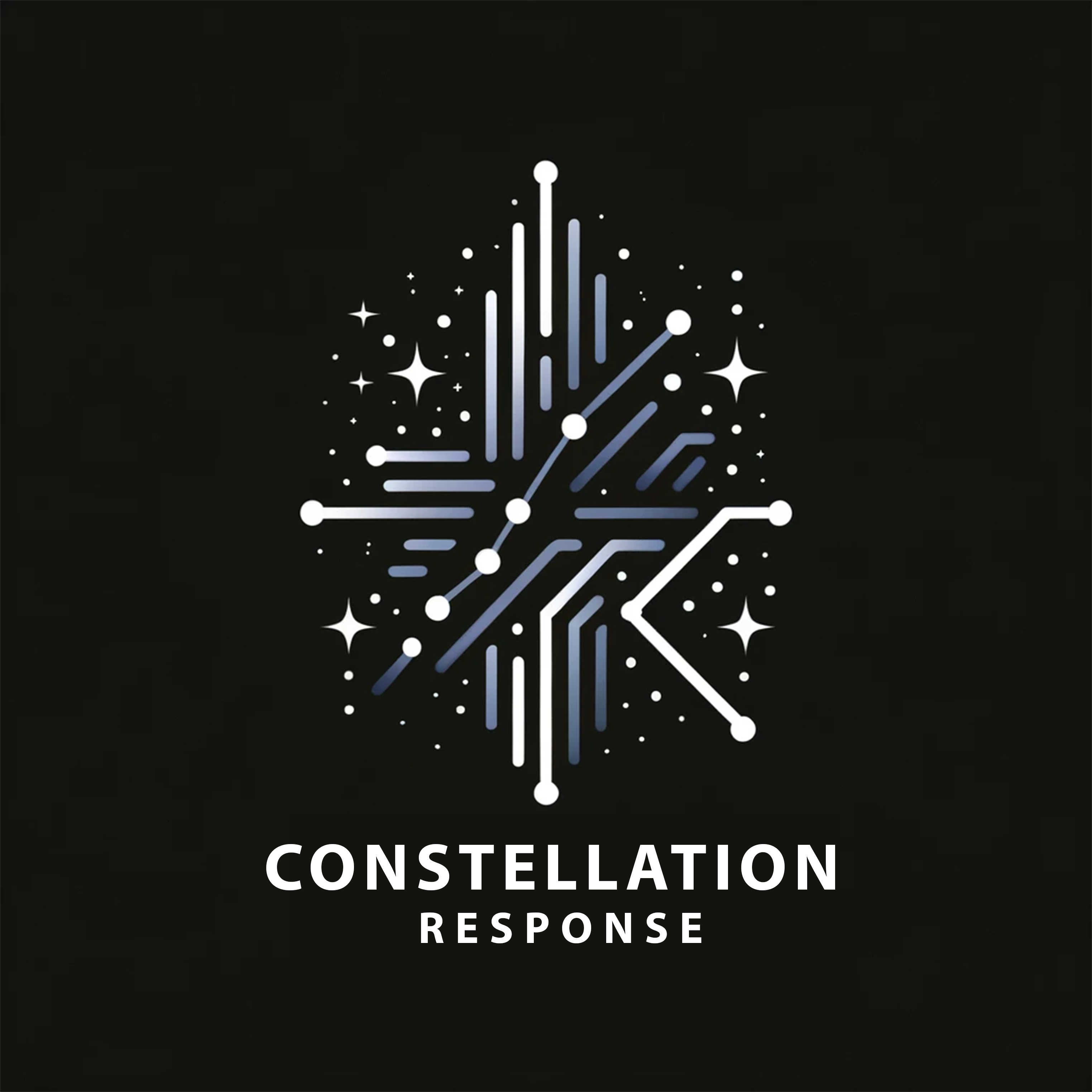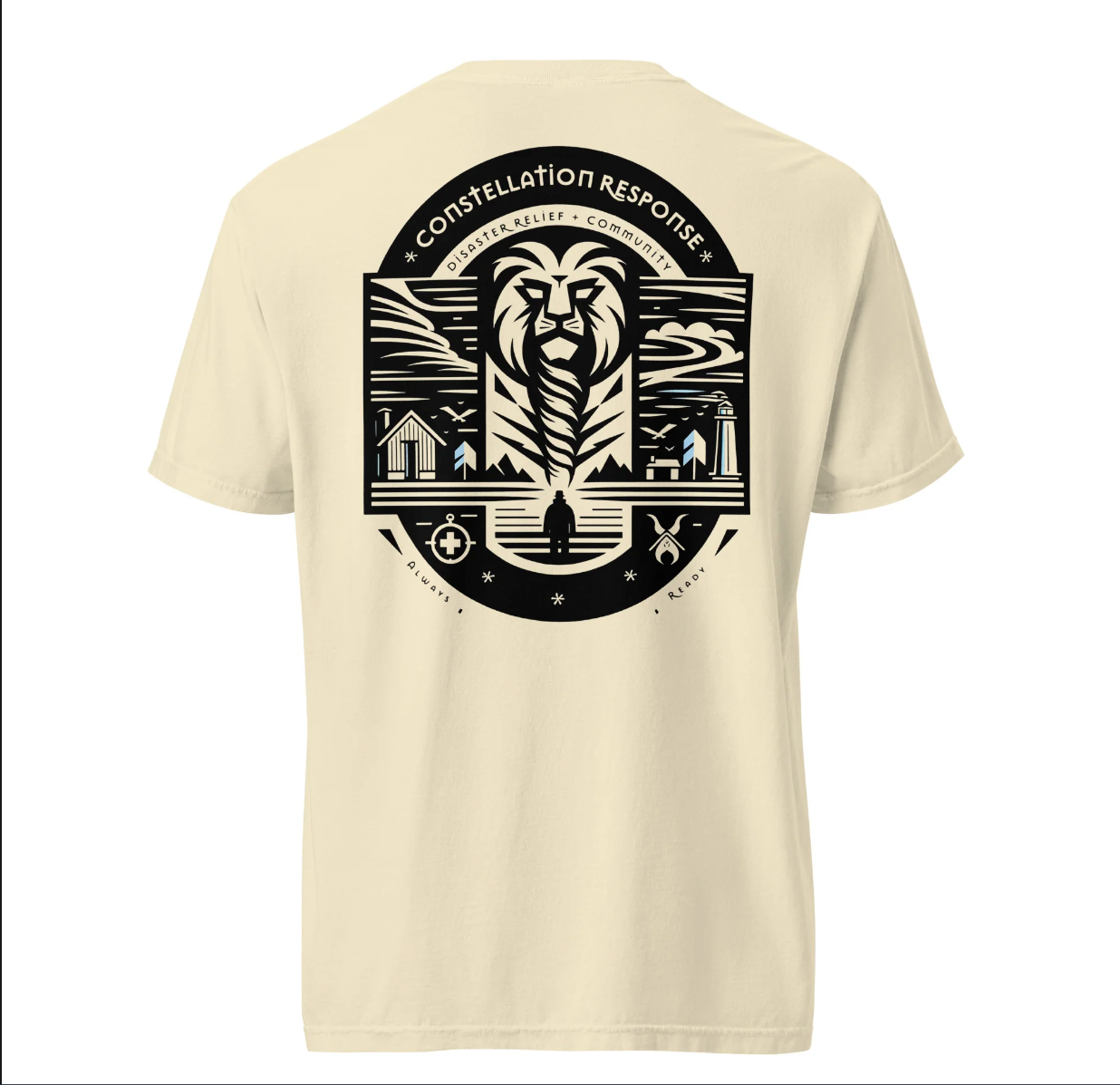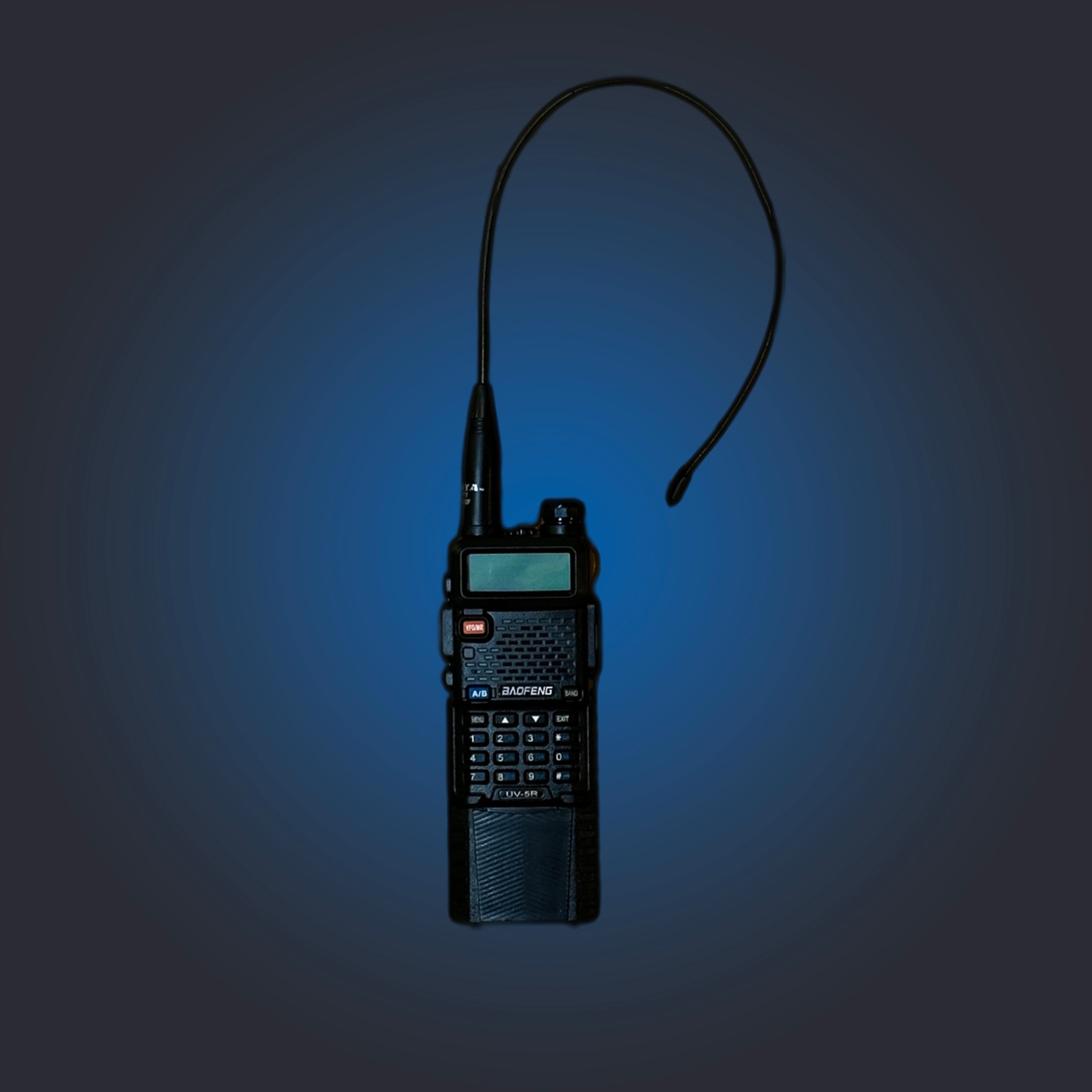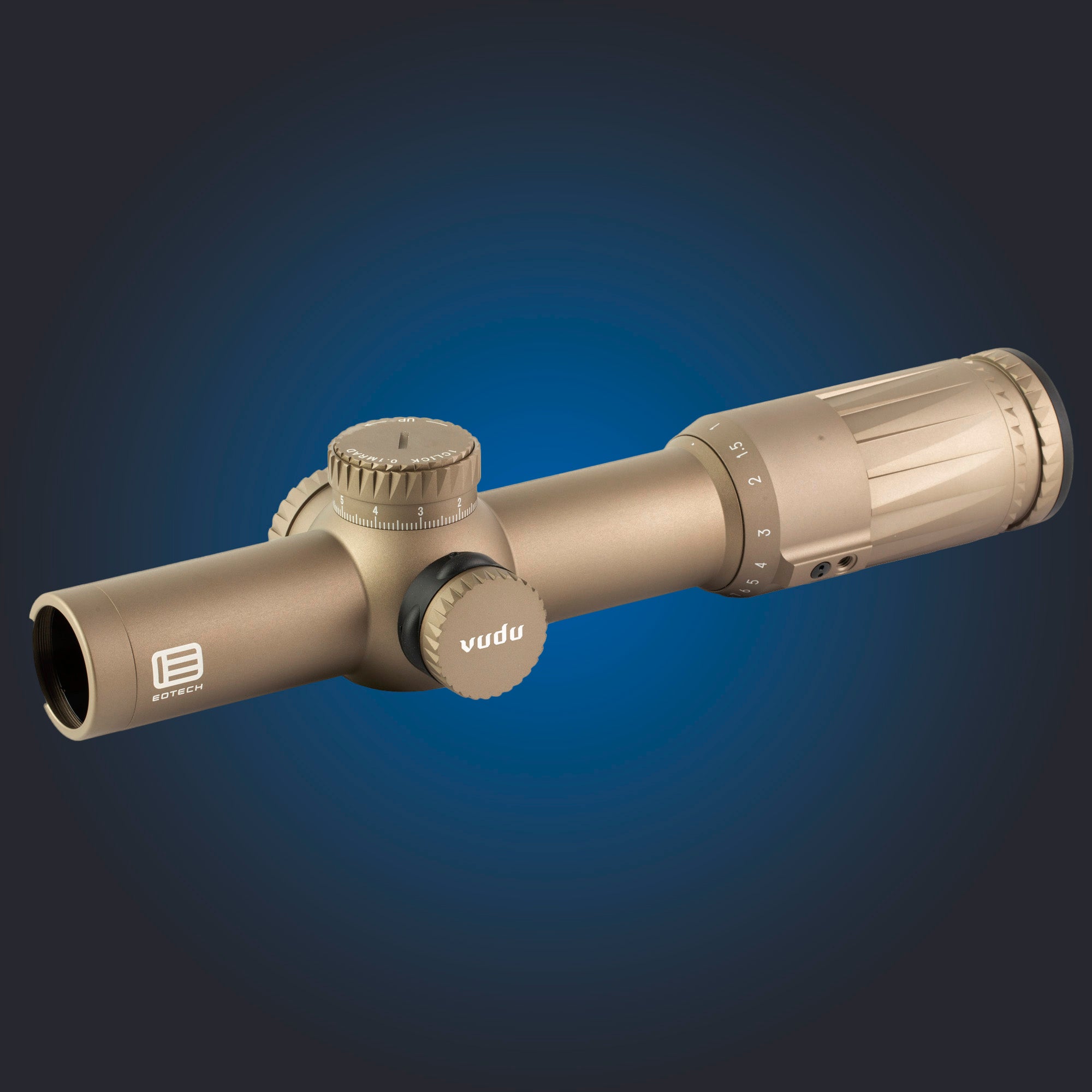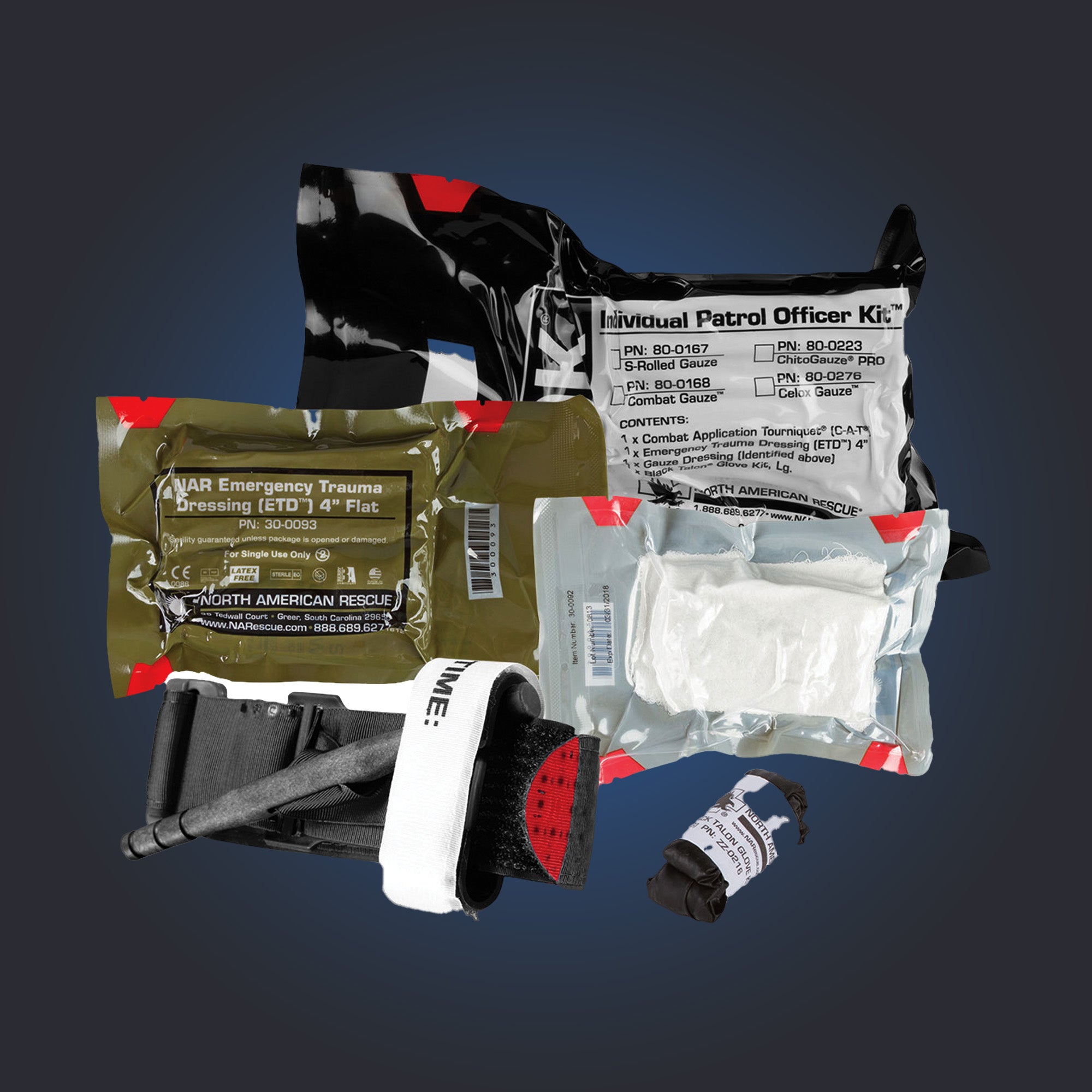Right at the top Boiler Plate: If you've been here before and found this content helpful, please, please, please, follow us on Facebook, Instagram and X! It really helps us when this content gets shared!
I was listening to @LonghousePrep 's podcast on Disaster Relief. Lots of great information there on building community, being prepared, and making a difference. Here are a few quick takeaways I had from the podcast, which you can listen to in full here.
Personal Note:
There were two disasters covered in this podcast. One was a Florida Hurricane, and another was a tornado in Arkansas.
I'm going to focus on the Arkansas tornado in this thread, partially because I have family who lives in the area. I saw firsthand how bad the damage was, and I've seen places that were still damaged nine months later when I was visiting for the holidays. This was a bad storm.




But also, just for the sake of length of this thread. So let's jump into it with the foundation that enabled Trey's success.
Building a Community:
Trey had a group of guys from his Church he trained with, but the group already had the pretense of being a "mutual response group." There was an understanding that these guys would have each other's backs if they were needed.
While many people not directly tied to the Church eventually joined the group, starting in the Church meant they all had shared values—this is an important foundation that will hold any group together in times of need.
Previously (and still), that help might have been simple things like moving or helping one of the group's members plant their garden. Little things make strong ties, so when Trey put out the call, he had a whole crew come to help until things could return to "normal."
There is a lot to unpack here in terms of building this group. This is probably yet another thread for later, but two other ancillary points to make:
1) Every member had "brownie points" with their family and spouses to go help. Wives saw in-person this group coming together in the past, and many understood that the need was real
2) The group members didn't have to explain to each other how to coordinate. They had worked so much together both on and off the range that they knew how they all operated. This is key for an effective group.
After the Storm: Priorities
Search and Rescue
First thing Trey did was to get people who needed help. At one point, he mentions assisting first responders to kick in a door to pull a woman out of her house that was filling with gas. This might have meant the difference between life or death.
Second: Logistics / "Enabling Mobility"
Clearing streets of debris and vehicles. Cleaning up people's driveways so they could move their vehicles off the street, and making sure emergency and utility vehicles could go where they needed to was extremely important.
This helped get gas turned off early on when there was a bad leak in the area and also helped get utilities turned back on for his area "in a matter of days" compared to other neighborhoods, which were without utilities for weeks.
Security:
Trey's group also had personal ties to many of the local Emergency Services in the area. Simply having a bunch of dudes kitted out with long guns is a show of force that deterred people with bad intentions from entering their neighborhood.
Security did make a difference in his neighborhood. In the chaos following the disaster, many streets were looted. The streets he and his team were covering, though, were all spared. This wasn't just because of luck—there were incidents where he and his team had to turn people away.
Interacting with LEO:
Cab - who was helping out with a Hurricane in Florida mentions on the podcast that in many places, LEO and first responders are going to look at you and your group as a liability.
Your ability to take control and be part of the solution may depend on the context of where you live.
To this end, we recommend getting involved with CERT or other emergency organizations in your area. They will help you coordinate with FEMA and other responding groups, as well as get you training for search and rescue, and first aid.
Again, Trey and his team should be commended for his quick actions and efforts while serving his community. His actions not only helped his community directly, but are a great case study for all of us so we can do the same for ours
What were your takeaways from the podcast? Share them and comment below. And of course, follow us @conresponse to get more threads like this for #emergencypreparedness and #disasterrelief
And follow Longhouse Preparedness on instagram - Really cool content about building community and staying prepared:
